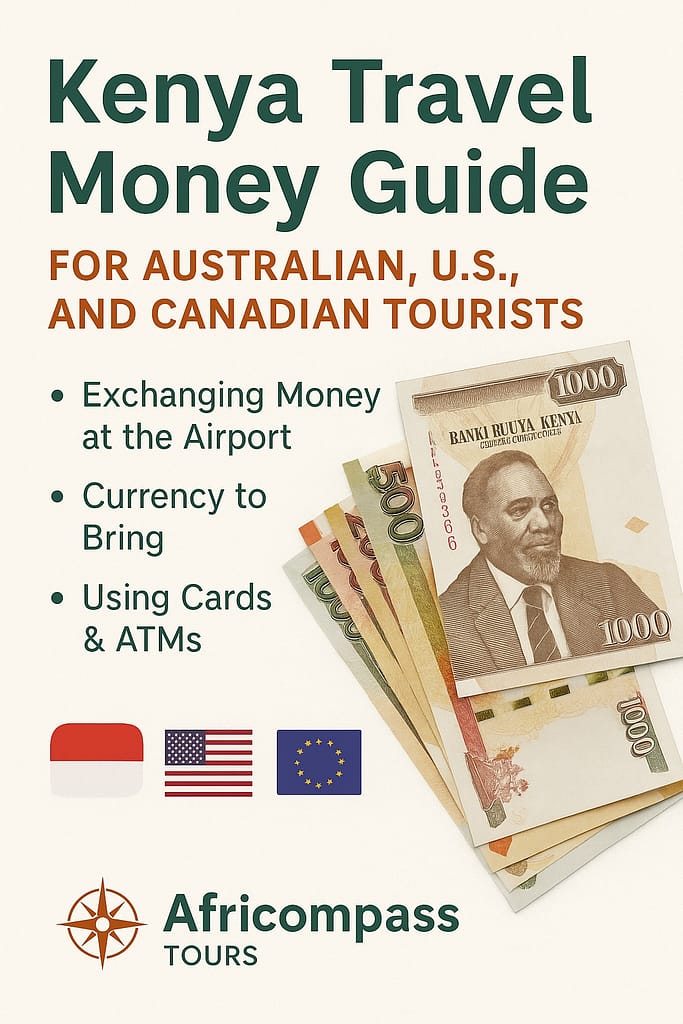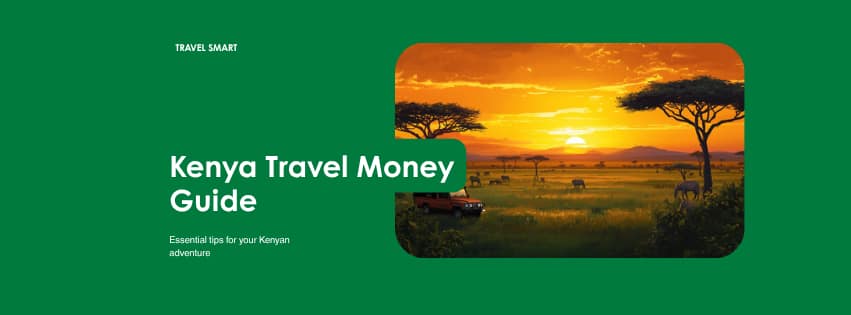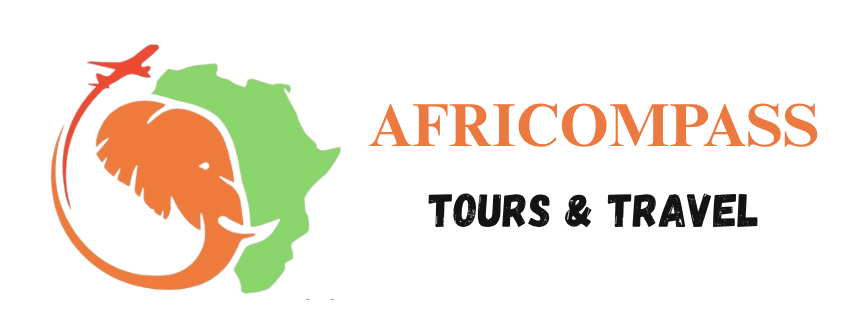

Kenya’s official currency is the Kenyan Shilling (KES). Every traveller should carry some cash in Shillings for local payments, taxis, markets, and tips. While major hotels, safari lodges, and airlines quote prices in U.S. dollars, daily transactions depend on local currency.
For visitors from Australia and Canada, it’s important to know that AUD and CAD are rarely exchanged directly in Kenya. Most banks and forex bureaus prefer U.S. dollars, euros, or pounds. You can still convert AUD or CAD, but you’ll face higher exchange rates and longer processing times. Travellers from the United States have it easier since USD is widely accepted and simple to exchange.
In short: Bring some U.S. dollars if possible , they are easier to use or convert, but plan to spend mostly in Kenyan Shillings.
—
Should You Exchange Money at the Airport?
This is where most first-time visitors lose money. The foreign-exchange booths at airports like Nairobi’s Jomo Kenyatta International (NBO) or Mombasa’s Moi International (MBA) are convenient but charge poor rates and hidden commissions.
Exchange only a small amount on arrival, enough to pay for your taxi, SIM card, or snacks. For better value, wait until you reach your hotel area or the city centre. In Nairobi and Mombasa, authorised forex bureaus near shopping malls or commercial districts offer much better rates and no extra fees.
The Central Bank of Kenya regulates forex services, so always confirm the bureau is licensed. Avoid street money-changers who promise “better deals”, they often deal in counterfeit notes or inflated rates.
—
Which Currency Should You Bring?
For U.S. Travellers
Carry U.S. dollars printed in 2009 or later, clean and untorn. Kenyan banks and bureaus reject old, torn, or worn notes. Larger denominations ($50, $100) get slightly better exchange rates. You can also pay directly in USD at some safari lodges or national parks, but you’ll receive change in Shillings.
For Australian Travellers
AUD is not widely traded in Kenya. You can exchange it in Nairobi, but the rates are weaker compared to USD. The most practical option is to convert part of your AUD to USD before flying — this gives you flexibility and saves time on arrival.
For Canadian Travellers
Canadian dollars face the same limitation. Most forex bureaus do not keep enough KES for direct CAD exchange. You’ll save money by converting CAD → USD at home, then USD → KES once in Kenya. Bring smaller USD bills as backup for remote areas where card systems might fail.
—
Using ATMs and Credit Cards in Kenya
ATMs are common in major cities such as Nairobi, Nakuru, Kisumu, and Mombasa. You can use Visa and MasterCard debit cards to withdraw Kenyan Shillings directly. This is often cheaper than airport exchanges, though your bank may charge a small foreign-transaction fee.
When withdrawing or paying by card:
– Use ATMs located inside banks or shopping malls, not on the street.
– Always choose to be charged in Kenyan Shillings, not your home currency.
– Keep receipts and track your spending, since exchange rates fluctuate daily.
– Notify your bank before travelling so your transactions in Kenya aren’t flagged as suspicious.
Some high-end lodges and airlines accept credit cards, but smaller shops, local restaurants, and markets remain cash-only. Always carry some physical Shillings.
—
Digital and Mobile Payments
Kenya leads Africa in mobile payments through M-Pesa, a service that allows users to send and receive money via mobile phone. While it’s mostly used by locals, tourists can also register for M-Pesa using a local SIM card and passport. It’s extremely handy for paying taxis, small vendors, or even tipping guides.
However, foreign cards cannot directly top up M-Pesa balances — you’ll need to deposit cash or receive transfers locally. For short visits, cash and cards remain simpler, but M-Pesa is worth exploring for longer stays.
—
How Much Cash Should You Carry?
For an average tourist or safari guest:
– USD 200–400 in cash is enough to cover airport taxis, initial expenses, and emergencies.
– Convert USD 50–100 into Kenyan Shillings at the airport for immediate use.
– Keep the rest as backup or exchange gradually in town.
Large cash holdings attract attention, so divide your money and store it separately.
Tip: Always ask for smaller Shilling denominations (KES 100–500) for easy spending. Many small vendors cannot break large bills.
—
Exchange Rates and Safety
The exchange rate between USD and KES typically fluctuates between 125–150 Shillings per U.S. dollar (as of late 2025). Rates for AUD and CAD depend on global markets but tend to be less favorable. Always check real-time rates using reliable platforms like Wise or XE before converting.
There are no strict limits on the amount of foreign currency you can bring in, but if you’re carrying more than USD 10,000 (or equivalent), declare it at customs.
Avoid exchanging on the street or accepting unsolicited offers at airports. Kenya has made major improvements in tourist security, but common-sense caution still applies: use hotel safes, avoid displaying large sums, and keep wallets secure in crowded areas.
—
At Africompass Travel, our guides assist travellers with currency exchange tips upon arrival, helping you get the best rates safely and conveniently.
—
Final Advice: Make Your Money Work Smarter
Kenya offers excellent value for travellers, but a little preparation makes a big difference. Avoid exchanging large sums at the airport, rely on trusted forex bureaus or bank ATMs, and always keep some local cash handy for small expenses. U.S. travellers can use their dollars more easily, while Australians and Canadians should plan conversions ahead to save time and money.
If you’re travelling soon, Africompass Travel can guide you on where and how to exchange safely , and ensure your safari begins without financial stress.
Plan your trip, not your exchange headaches.
Contact Africompass Travel today to plan your Kenya or Tanzania safari with local expertise and honest travel advice.

The 2026 Great Maasai mara Migration.
From late July – September, over 1.5 million wildebeest, zebras, and gazelles are on the move. Don’t miss this breathtaking spectacle of nature!
Book Early & Save!

 Get Support!
Get Support!